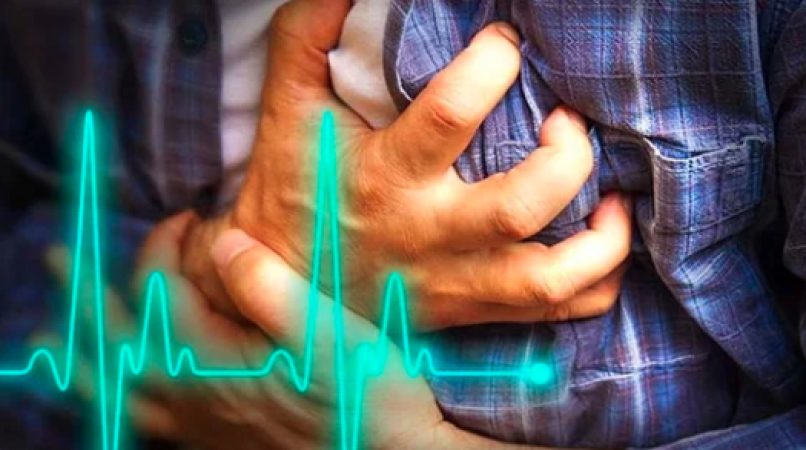
People are suffering from a wide range of serious physical and mental issues these days as a result of their declining quality of life. One of these serious issues is a heart attack or panic attack. Due to their similar symptoms, two different medical conditions—a panic attack and a heart attack—can be difficult to distinguish. These are the ways in which you can recognize them in such an instance.
People are developing a wide range of physical and mental issues as a result of their changing lifestyles and poor eating practices. One of these issues is the common belief that heart attacks and panic attacks are the same.
They mistake panic attacks for heart attacks and get upset due to this.
But you must realize that a heart attack and a panic attack are two distinct conditions. However, you should not disregard these two because doing so could be harmful to you. In this article, we will explain the distinction between a panic attack and a heart attack so that you can receive the right care as soon as possible.
What is a panic attack?
A panic attack is a sudden attack that is primarily brought on by strong emotions of fear or anxiety. A sudden spike in adrenaline and other stress hormones is what triggers panic attacks, which typically last a few minutes. Typically, it can be brought on by a variety of things, including stress, fear, or traumatic events. Among its signs are the following:
Heart palpitations
Shortness of breath
Chest discomfort
Shudder
To sweat
Dizziness
What is a heart attack?
A heart attack happens when the heart muscle does not get enough blood, which is a medical emergency. A blockage in the coronary artery is what causes heart attacks. It is a blood vessel that nourishes the heart with blood. Chest pain, breathlessness, and other symptoms can be brought on by a heart attack. The following are some heart-related symptoms:
Chest pain
Jaw or back pain
Shortness of breath
To sweat
Nausea
Dizziness
feeling of indigestion
How do you differentiate between a panic attack and a heart attack?
Typically, heart attack and panic attack symptoms are similar. However, the circumstances and causes of their occurrence can vary. These characteristics help you distinguish between a panic attack and a heart attack in such circumstances.
Chest pain can result from both heart attacks and panic attacks.
The pain during a panic attack will only be felt in the chest, unlike when someone is having a heart attack, when it may also spread to the arm, jaw, or neck.
Physical exertion causes heart attacks, and a stressful situation causes panic attacks.
A heart attack can occur after working out, but not a panic attack.
It may be a sign of a heart attack if someone experiences chest pain or other symptoms without a history of panic attacks.
While the symptoms of a panic attack may last for a while and then subside, those of a heart attack may worsen, necessitating immediate hospitalization.
People who experience chronic stress, depression, or anxiety may be more prone to heart issues.
A heart attack is a medical emergency, so it's critical that the patient receive the proper care quickly in order to save their life.
If you are falling ill again and again during the monsoon season, then include soup in your diet
Parenting Tips: Your children also have a bad addiction to the smartphone
Effective Strategies for Managing Stress and Anxiety: Nurturing Your Mental Well-being